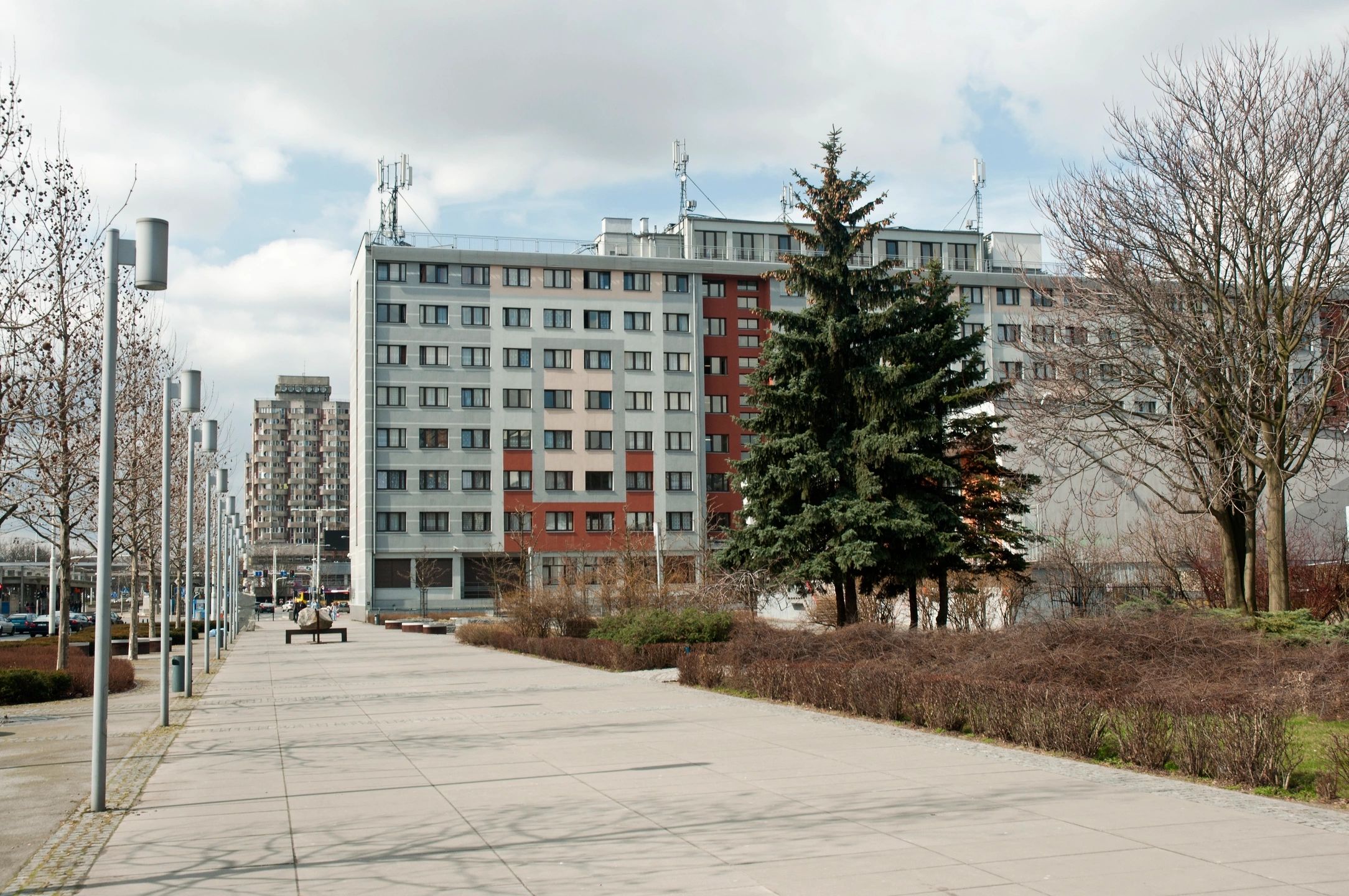THUNDER BAY – The City Council unanimously approved a comprehensive ten-part, human rights-based community action plan to address homelessness encampments on Monday night.
The decision came after a lengthy debate focused on constructing a temporary shelter village for the city’s unhoused population. The most contentious aspect of the plan was this proposed village, which City Manager John Collin explained would be operational for five years, starting next summer.
Two potential sites have been identified. One, located at Kam River Heritage Park, could host 100 units with estimated construction costs between $5.9 and $6.8 million, and annual operating costs ranging from $1.5 to $2.5 million. The second site, a vacant lot at 114 Miles St. East, could accommodate 80 units at a lower cost of $4 to $4.3 million, with similar annual operating expenses.
The city plans to fund the project upfront using the Renew Thunder Bay Reserve Fund and a tax-supported operating budget while seeking provincial and federal grants to recoup the costs. Collin emphasized the urgency of acting now to avoid another summer of managing homeless encampments on public land.
The plan is designed to help the city negotiate additional support from higher levels of government, particularly given the federal government’s stated interest in funding innovative homelessness solutions. In the meantime, city staff will have more resources to manage growing encampments and limit them to three yet-to-be-determined sites on municipal property.
Some council members, including Couns. Mark Bentz, Rajni Agarwal, and Albert Aiello, expressed concerns over funding. Bentz argued that outside funding should be secured before the city assumes the financial burden, while Agarwal voiced reservations about the long-term costs, particularly for temporary infrastructure.
Despite the concerns, the council voted against delaying the decision, with a 7-3 vote defeating Bentz’s proposal to postpone. The approved action plan is now set to move forward, with a goal of breaking ground by next spring.



